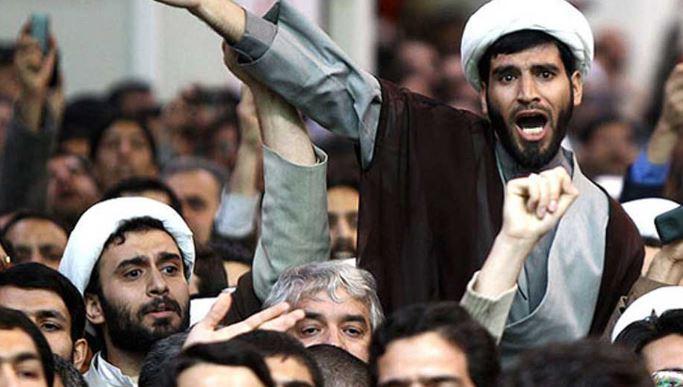Shiites

🕌 What is Shia Islam?
📜 Origin of the term:
Shīʿatu ʿAlī = "Party of Ali"
Followers of ʿAlī ibn Abī Talib, Muhammad's cousin and son-in-law
Belief: Not the community (as with the Sunnis), but the Prophet's family (Ahl al-Bayt) should assume leadership
🧱 The basic differences: Shiites vs. Sunnis
Topic: Shiites Sunnis
Succession to Muhammad: Only Ali and his descendants are legitimate leaders. Abu Bakr (elected by the community) was the first caliph.
Leadership: Through imams (spiritual + political). Caliphs, not divine guidance.
Theology: Emphasis on suffering, justice, martyrdom. Emphasis on schools of law, community.
Holy places: Karbala, Najaf, Qom, Mecca, Medina, Jerusalem (together).
Festive mourning for Imam Hussein (ʿAshūrāʾ) is central. ʿAshūrāʾ is observed in different ways.
🧠 The Teachings of the Shia
🌟 The Imamate
Central Teaching: The Imams are divinely appointed successors of Muhammad.
They are infallible, possess profound knowledge ('ilm), and possess spiritual authority.
The First Imam: Ali
Most Shia follow a chain of 12 Imams → see below
🔢 The Main Groups Within the Shia
1. Twelver Shia (Ithna ʿAshariyya) – Largest group (~85–90% of Shia)
Belief in 12 Imams (last: al-Mahdi, the Hidden Imam)
Widespread in: Iran, Iraq, Azerbaijan, Lebanon, Bahrain
2. Ismailis
Recognize only the first 7 Imams → thereafter Division
Often believe in living imams (e.g., today: the Aga Khan)
Strongly represented in parts of India, Pakistan, and East Africa
3. Zaidis (Five Shiites)
Political-activist interpretation
Recognize Zaid ibn Ali as the legitimate imam
Mainly in Yemen
🩸 The Martyrdom of Husayn – Heart of Shiite Identity
Imam Husayn (grandson of the Prophet) was killed in Karbala in 680 AD by the army of the Umayyad Caliph Yazid.
This event is central to Shiite spirituality:
Ashurā Festival: Commemorating the sacrifice of Hussein
Symbol of the fight against tyranny, justice, and suffering
🧘♂️ Spirituality and Philosophy
Shia emphasizes inner knowledge (gnosis, ʿirfan), love for the Ahl al-Bayt, and individual conscience.
Many Shiite thinkers emphasize deep mysticism, ethics, and the waiting for the Mahdi (the "hidden Imam" who will return at the end of time).
🏛️ Shiite countries today
Is the country majority Shiite? Notes
Iran ✅ (approx. 90–95%) Center of the Twelver Shia
Iraq ✅ (approx. 65%) Najaf and Karbala are holy
Azerbaijan ✅ Secular character
Bahrain ✅ Majority, but Sunni rulers
Lebanon Large minority (Hezbollah)
Yemen Zaidis in the north (e.g., Houthi movement)
✨ Conclusion: What makes Shia special?
Strong sense of justice, resistance, and the ability to endure suffering
Mystical-spiritual approach to religion
Central role of the Ahl al-Bayt (family of prophets)
Theological depth, often combined with philosophical and mystical reflection

